Projects
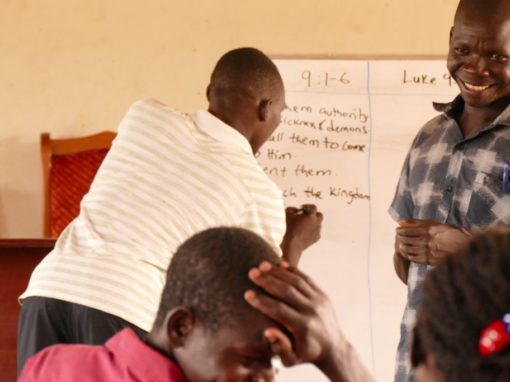
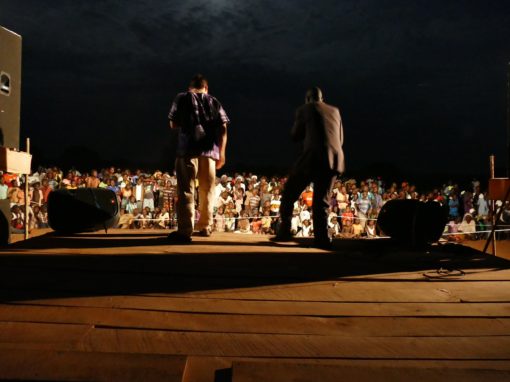
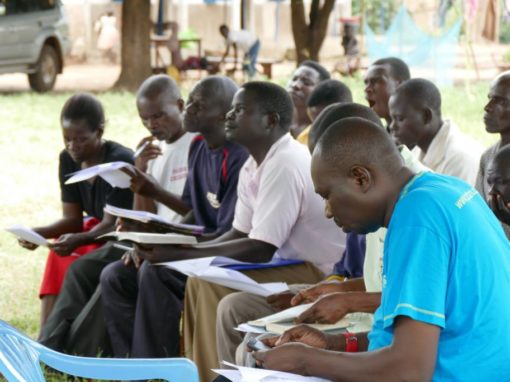
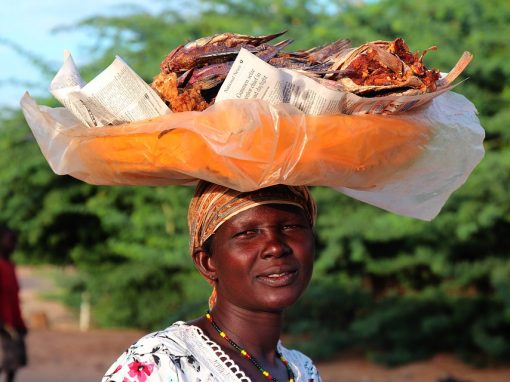

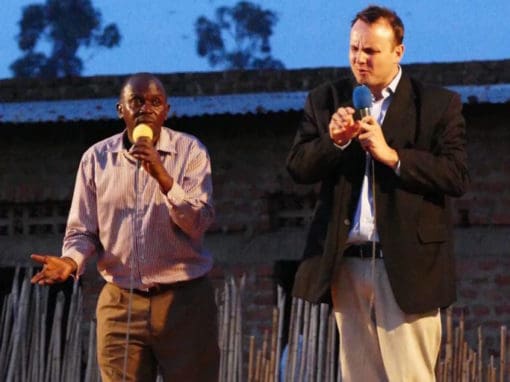
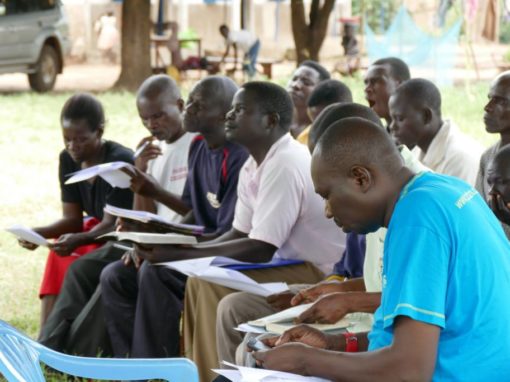
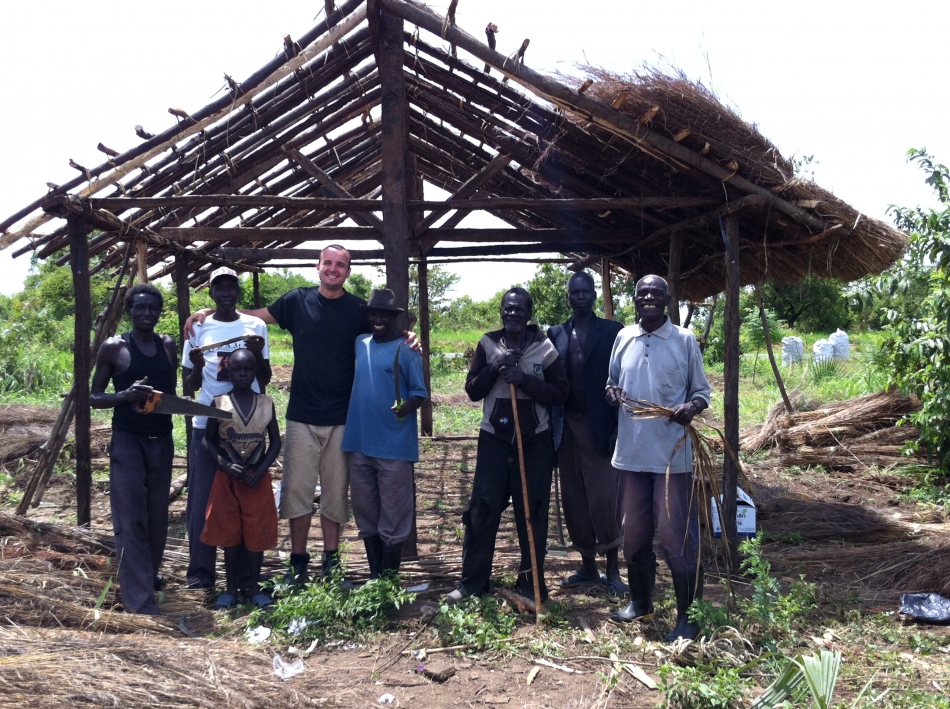
We have been working in the region of West Nile/Uganda for several years now. Our experience is that in the churches people are used as leaders because they have the gift of leadership (often as well in local politics) or they are spiritually strong and they are used by the Holy Spirit. But at the same time there is often a lack of basic biblical knowledge. So in many places wrong teaching and doctrines arise. Many of these pastors and leaders would love to have biblical training but can only partially or mostly not pay for the fees of a bible school. In addition, theological training is mostly found in the capital Kampala and some larger cities, but in the majority of the country, especially the very rural regions, they are missing, as well as in the West Nile region. And this is exactly where we want to make a contribution with our project.
Since November 2015, we have been supporting the ILEM (International Leadership and Equipping Ministries) Bible and Leadership School in Pakwach/West Nile in north-western Uganda. The school’s vision is to train pastors and leaders from rural areas, giving them a spiritual, theological and theological foundation for their ministry. We focus on three areas: Bible, character and discipleship. The Bible section gives an introductory overview of the books of the Bible and basic theological subjects such as bibliology, christology or soteriology. Character is about biblical life, leadership and spiritual development. Discipleship includes topics such as evangelism, church planting, house churches or mission. The Theoretical Units are framed with evangelistic outreaches and through various services in local churches. For Bishop Vincent Ofungi (PAG Pentecostal Church), the leader of the organization, it is very important to work together with believers from different denominations.
Since 2018 we offer two different programs: The CERTIFICATE program takes place three times a year for three weeks each (18 weeks total). The DIPLOMA program takes place three times a year for five weeks each (a total of 30 weeks of lessons) – the prerequisite for this is the completion of a certificate program. In November 2017, the first students completed the two-year certificate program. The Pentecostal denomination PAG has recognized our program and one of our students was therefore ordained as a pastor.
Currently, the school is in a church in Pakwach and the lessons are usually held under a mango tree. Only when it is raining or too windy, the community building is used. Since this is not a long-term solution, we bought a plot in December 2017. Over the next few years, a training center will be built and the school will find their new home there. The plot is 3200 m² and is strategically located – in a catchment area for pastors and leaders from DR Congo and South Sudan. SUPPORT SCHOOL BUILDING – read more HERE.
Voices to ILEM:
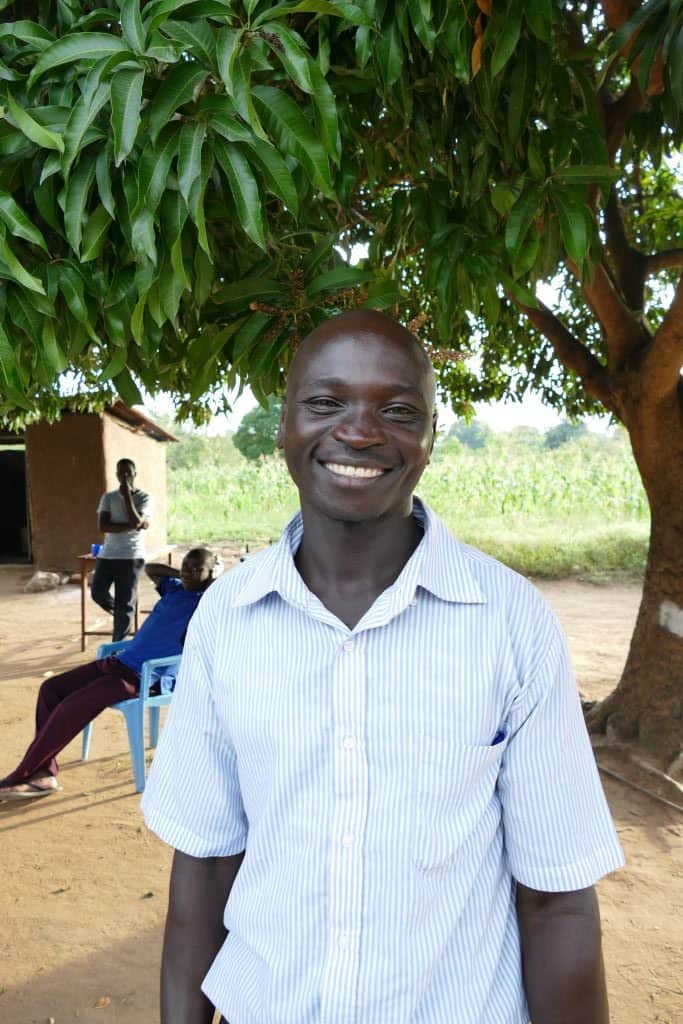
Onen Godfrey, 35, ordained Pastor, Zumbo District: “I’ve accumulated a great deal of biblical knowledge through ILEM.Above all, Ilearned how to develop my church and bring about church growth. Since a Bible school is very expensive, I would never have been able to afford it. I was only able to pay part of the fees and ILEM took over the rest of the fees.” The Pentecostal Assemblies of God (PAG) hasofficially recognized the ILEM certification program, and Godfrey Onen was therefore ordained a Pastor in November 2017.
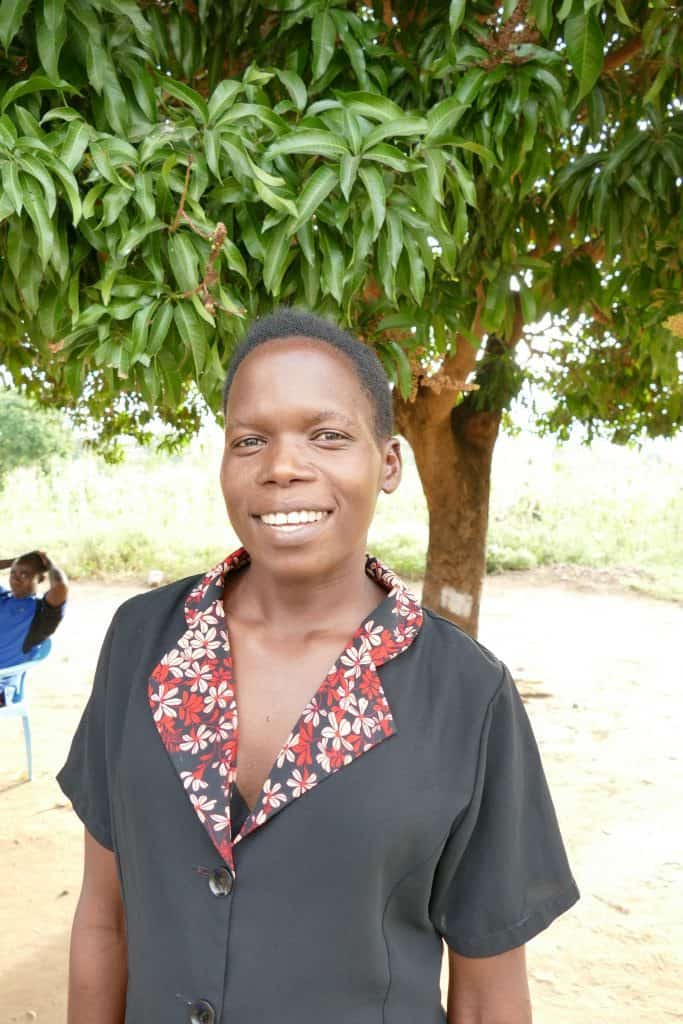
Pamach Agnes, 24, Deacon, Pakwach District: “Above all, I have learned how to preach and preach the gospel. Besides, there was no way for me to get theological teaching. Through ILEM, I got an introduction to a variety of theological subjects. “
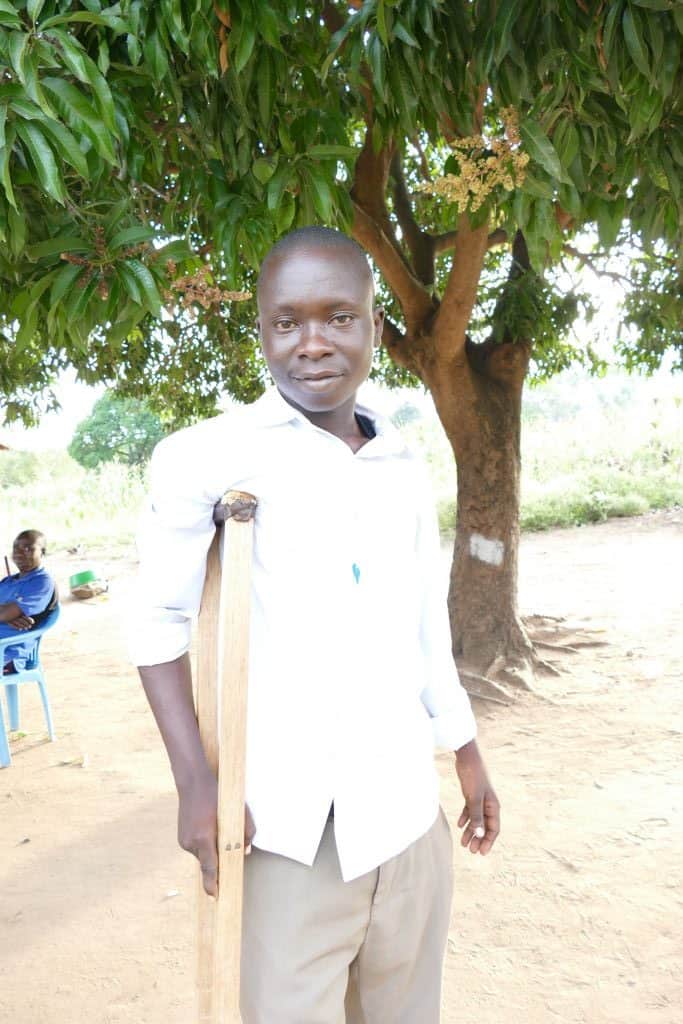
Cwinyai Moses, 23, Deacon, Pakwach District: “I had to work between the ILEM seminars and had a serious traffic accident. I almost died and even had to undergo a surgery in Kampala. Since the accident I need a crutch and my life has changed completely. After the accident, I really gave up hope to finish school. From now on, I could not work as I used to and need help with the most common things. However, the head of the school encouraged me to continue to go to school. My fellow students took great care of me. Thanks to her help, I was able to finish school. They cooked for me, washed my clothes or helped me with my daily tasks. Thanks to her help, I was able to complete my entire schooling. “
